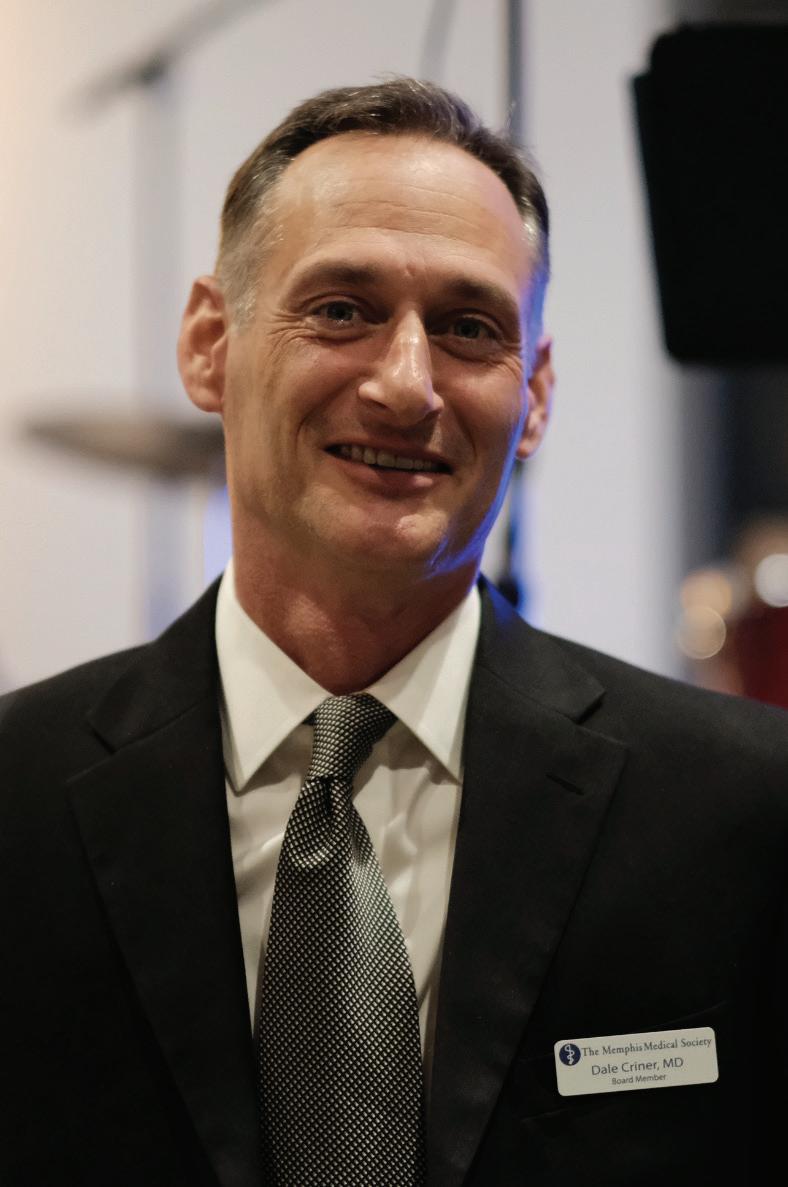QI
Hospitals
Methodist Le Bonheur Healthcare launches COVID-19 educational program for Latino community in Shelby County In response to an increase of COVID-19 cases within the Latino community, Methodist Le Bonheur Healthcare launched an educational program to help slow the rise in positive cases. According to a recent demographic update by the Shelby County Health Department, 27% of the county’s positive cases come from the Latino community near Methodist North Hospital’s service area. Across the health system, cases from the Latino have risen from three percent to eight percent. “We knew that outreach needed to be conducted in the community, so we developed an outreach awareness plan,” said Dexter McKinney, Community Development Director at Methodist North. The outreach program began with the distribution of educational flyers to businesses, churches and nonprofit organizations within the community. The program also provided more than 400 COVID-19 care packages including masks, hand sanitizer and a bilingual flyer detailing methods for preventing the spread of the virus. “If you don’t have those resources, you really can’t prevent the spread,” McKinney said. There was a sense of urgency to put the educational program in place since minority communities tend to have higher rates of diabetes and hypertension – conditions that can increase the likelihood of complications caused by the virus. “So this outreach had to be targeted to address the issue to reduce harm,” McKinney said.
Baptist Offers Grief Counciling for Families Affected by COVID-19 The COVID-19 pandemic has hit the Mid-South especially hard. Coronavirus deaths are sudden, and families cannot be with the loved ones during their last moments because of restrictions designed to stop the spread of the virus. “To help people cope with grief during COVID-19, Baptist’s grief support groups can play a role in the healing process,” says Angela Hamblen Kelly, executive director of Baptist Centers for Good Grief. “A lot of our families are grieving multiple people who have died from COVID-19,” says Kelly. “The griever might have had COVID-19 or may currently have COVID-19. They may not get to attend a memorial service because it is postponed or because they themselves are sick.” To help people cope with grief, Baptist Centers for Good Grief designed a six-week virtual support group. “Many people feel like they can’t talk about their loved ones because the pandemic is so big--there are so many deaths,” Kelly says. “However, listening is the best thing we can do for a grieving person. Our support sessions will give people a chance to come together virtually.” A grief counselor will help to facilitate discussions each week, and all services are free of charge and funded through grants and donations to Baptist Memorial Health Care Foundation. “Now more than ever, we need to talk to each other about how we are doing,” Kelly says.
6







